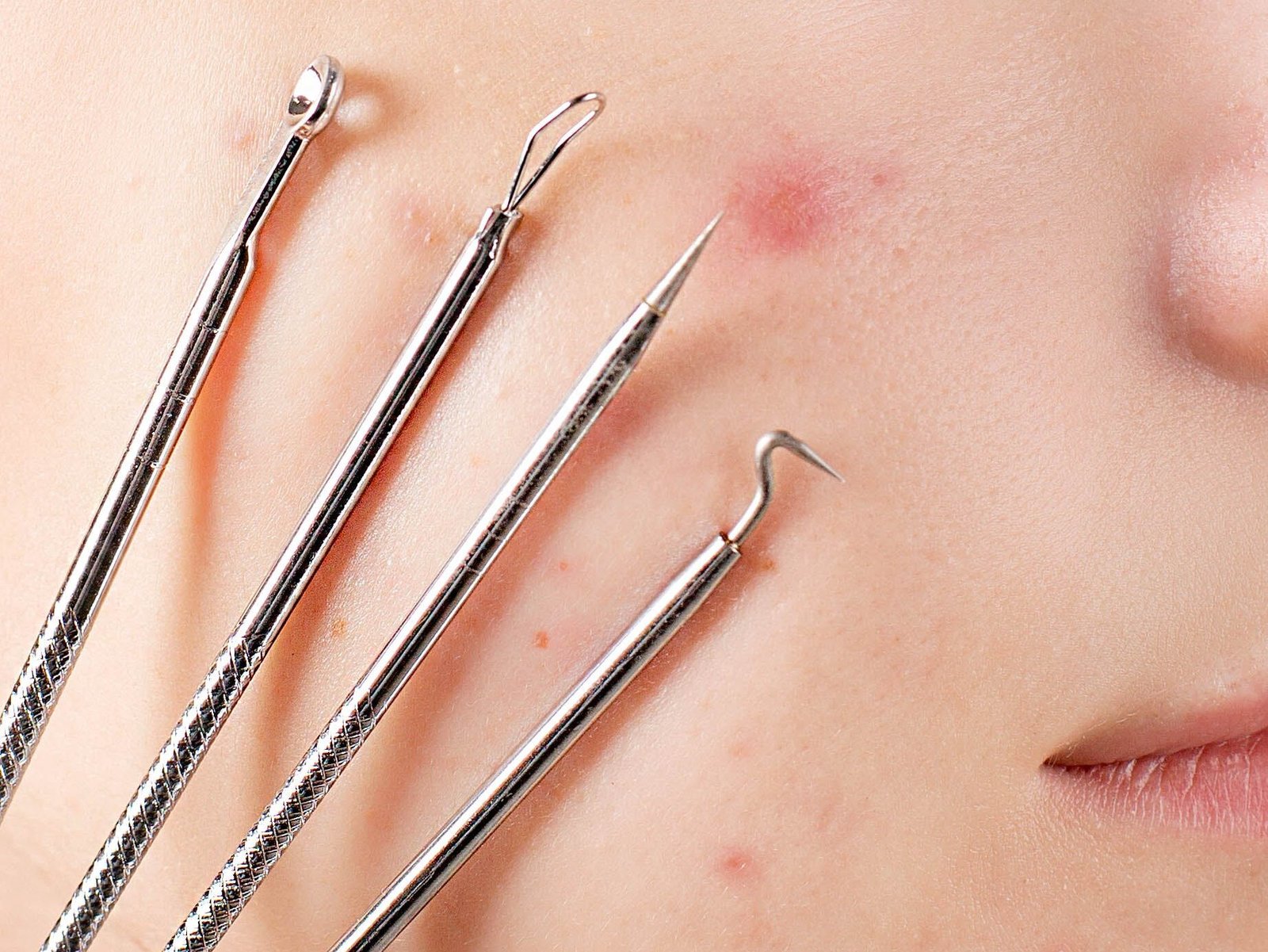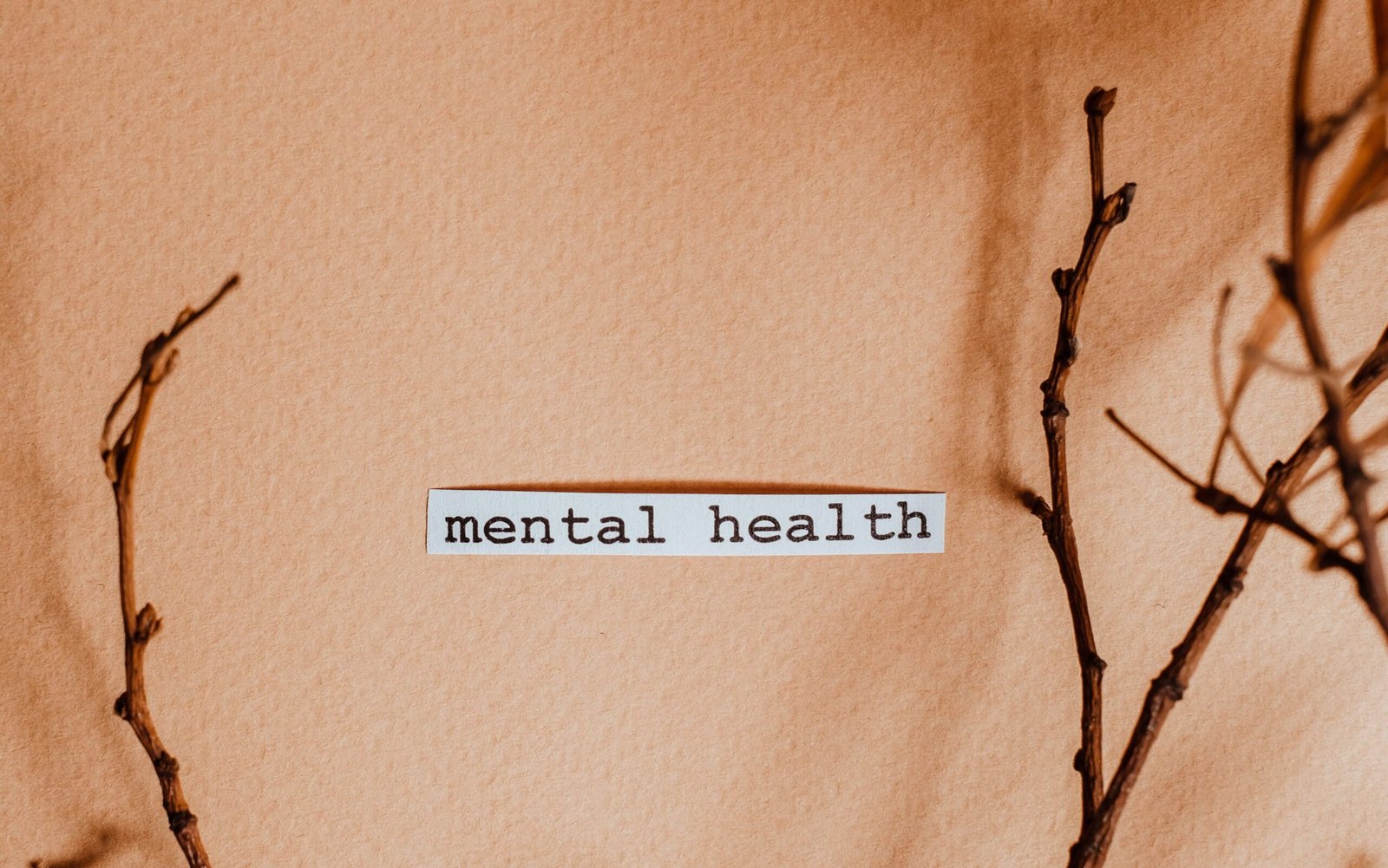In the pursuit of healthier, radiant skin, it’s crucial to unravel the intricate connection between stress and how it affects your skin. Stress, be it chronic or acute, triggers hormonal responses that can manifest visibly on the skin.
In this comprehensive guide, we will delve into the intricate connection between stress and skin health, unraveling the physiological mechanisms behind stress-induced skin issues. Moreover, we’ll equip you with a toolbox of stress-relief skincare tips to ensure your skin stays radiant and healthy, no matter what life throws your way.
Understanding the Impact of Stress on Your Skin

Stress, whether chronic or acute, triggers a cascade of hormonal responses in the body. One of the primary culprits is cortisol, often referred to as the stress hormone. Elevated cortisol levels can wreak havoc on the skin, leading to a variety of issues such as:
1. Acne Breakouts: Stress-induced hormonal fluctuations can stimulate oil production, clogging pores and resulting in acne breakouts.
2. Inflammation: Chronic stress contributes to increased inflammation in the body, exacerbating skin conditions like eczema and psoriasis.
3. Premature Aging: The constant release of stress hormones may accelerate the aging process, leading to the development of fine lines and wrinkles.
4. Skin Dehydration: Stress can compromise the skin’s natural barrier function, leading to increased transepidermal water loss and subsequent dehydration.
The Science Behind Stress-Related Skin Problems

To comprehend the science behind stress-related skin problems, it’s crucial to understand the intricate interplay between the nervous system, endocrine system, and skin. The sympathetic nervous system, activated during the “fight or flight” response to stress, triggers the release of stress hormones like cortisol. These hormones, in turn, can disrupt the delicate balance of the skin.
Moreover, stress can compromise the skin’s microbiome, the community of beneficial microorganisms that play a vital role in maintaining skin health. An imbalanced microbiome can contribute to skin conditions and inflammation.
Breaking the Cycle: Stress-Relief Skincare Tips
While stress is inevitable, managing its impact on your skin is within your control. Incorporating stress-relief techniques into your daily routine can make a significant difference. Here are actionable stress-relief skincare tips to keep your skin resilient and glowing:
1. Mindful Breathing: Practice deep, diaphragmatic breathing to activate the body’s relaxation response and lower stress hormone levels.
2. Regular Exercise: Engage in regular physical activity to reduce stress and promote healthy blood circulation, benefiting your skin.
3. Adequate Sleep: Prioritize quality sleep to allow the skin to regenerate and repair itself during the night.
4. Hydration: Maintain optimal skin hydration by drinking enough water throughout the day. Hydrated skin is better equipped to withstand stressors.
5. Skincare Rituals: Establish a consistent skincare routine with nourishing and calming products that support your skin’s barrier function.
6. Limiting Caffeine and Alcohol: Excessive caffeine and alcohol intake can contribute to stress and negatively impact skin health. Moderation is key.
7. Connecting with Nature: Spend time outdoors and connect with nature, proven to reduce stress levels and enhance overall well-being.
The Link Between Mental Health and Skin Health

Our skin is a remarkable reflection of our overall well-being, and the intricate connection between mental health and skin health is undeniable. Conditions like anxiety and depression can cast a noticeable impact on our skin, becoming more than just external blemishes. Understanding this relationship is crucial for cultivating a holistic approach to skincare.
Effects of Anxiety on the Skin
Anxiety, a common mental health concern, can manifest physically on the skin. Stress-induced hormonal fluctuations can lead to increased oil production, potentially triggering acne breakouts. Furthermore, heightened anxiety levels may exacerbate conditions like eczema and psoriasis, intensifying inflammation and discomfort.
Depression and Skin Appearance
Depression, with its pervasive influence on the body, can also leave imprints on the skin. The constant release of stress hormones may contribute to premature aging, as fine lines and wrinkles may become more pronounced. Additionally, individuals battling depression might experience changes in skin hydration, leading to dullness and lack of radiance.
Coping Mechanisms for Mental and Skin Well-Being
Addressing mental health positively influences skin health. Incorporating stress-relief techniques into daily life can contribute to a harmonious balance between mind and skin. Here are effective coping mechanisms:
1. Mindfulness Meditation: Engage in mindfulness meditation to cultivate a sense of calmness. This practice not only relaxes the mind but can positively impact skin conditions aggravated by stress.
2. Regular Exercise: Physical activity not only reduces stress but also promotes healthy blood circulation. Improved blood flow benefits the skin, contributing to a vibrant complexion.
3. Professional Support: Seek professional support from therapists or counselors to address underlying mental health issues. A balanced mental state can have positive effects on skin appearance.
4. Holistic Therapies: Explore holistic therapies such as aromatherapy or acupuncture. Certain scents and practices can have soothing effects, benefiting both mental and skin health.
5. Social Connections: Foster meaningful social connections. Engaging with friends and loved ones can provide emotional support, reducing feelings of isolation that may impact mental and skin health.
In Conclusion: Nurturing Your Skin and Well-Being

Understanding how stress affects your skin is the first step towards mitigating its impact. By incorporating stress-relief skincare tips into your lifestyle and considering holistic approaches, you empower yourself to maintain skin health and radiance, even in the face of life’s challenges.
Prioritize self-care, and let your skin reflect the balance and well-being you cultivate within. Your skin is a reflection of your overall health, and by adopting these stress-relief strategies, you’re not just caring for your skin but nurturing your entire being.
As you embark on this journey towards healthier, glowing skin, may these tips guide you in cultivating not only a resilient complexion but also a more relaxed and fulfilled life.